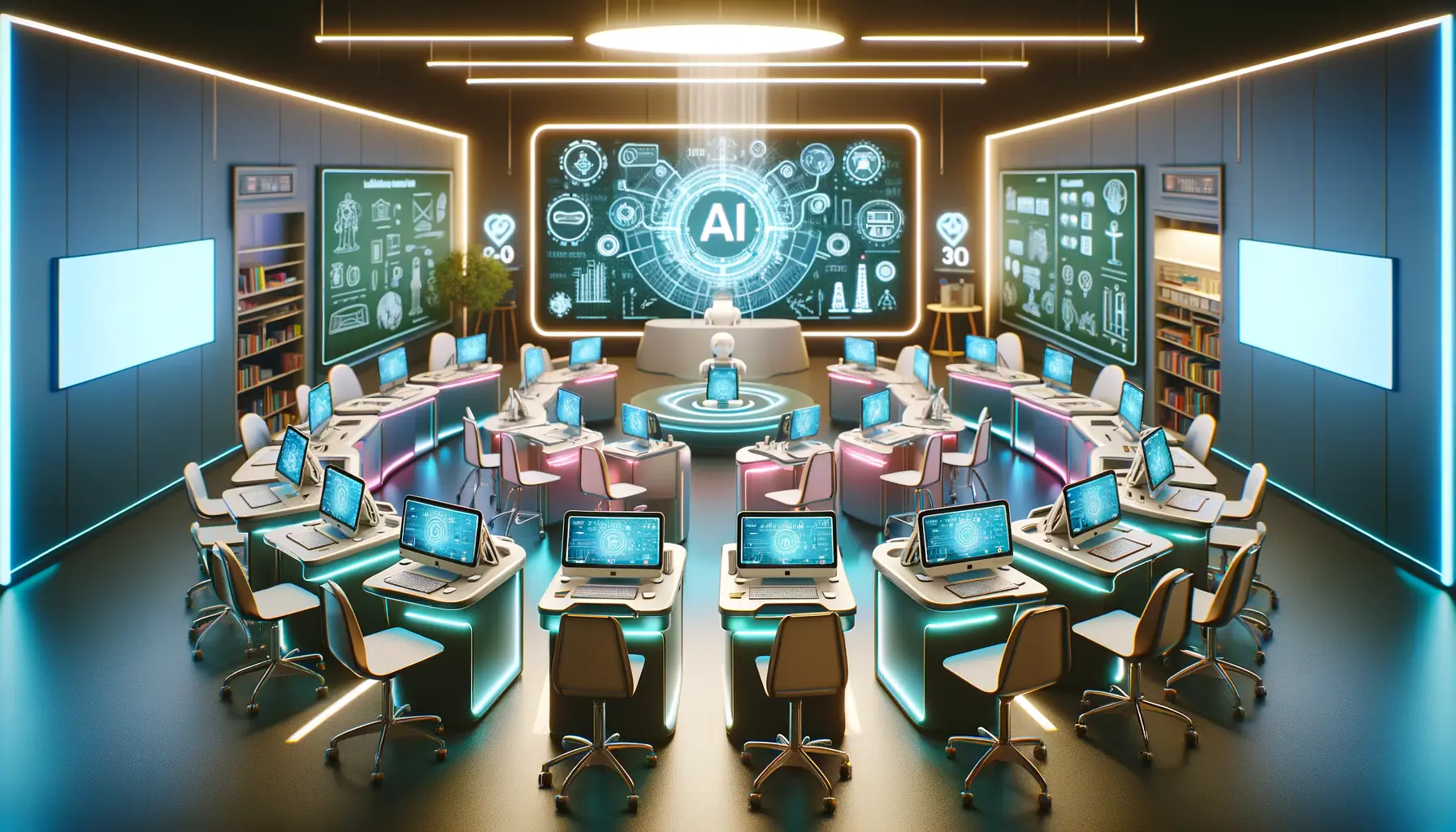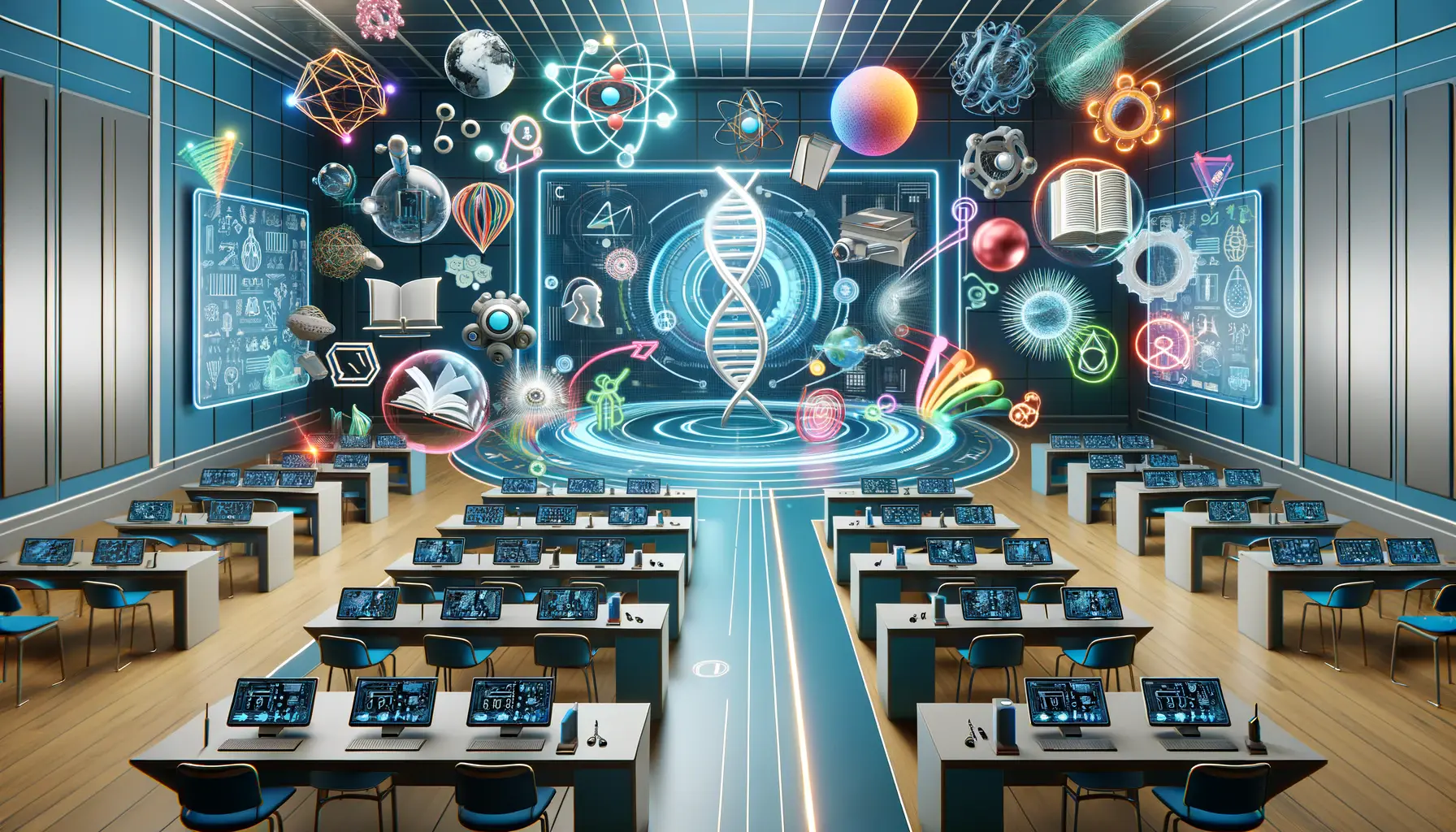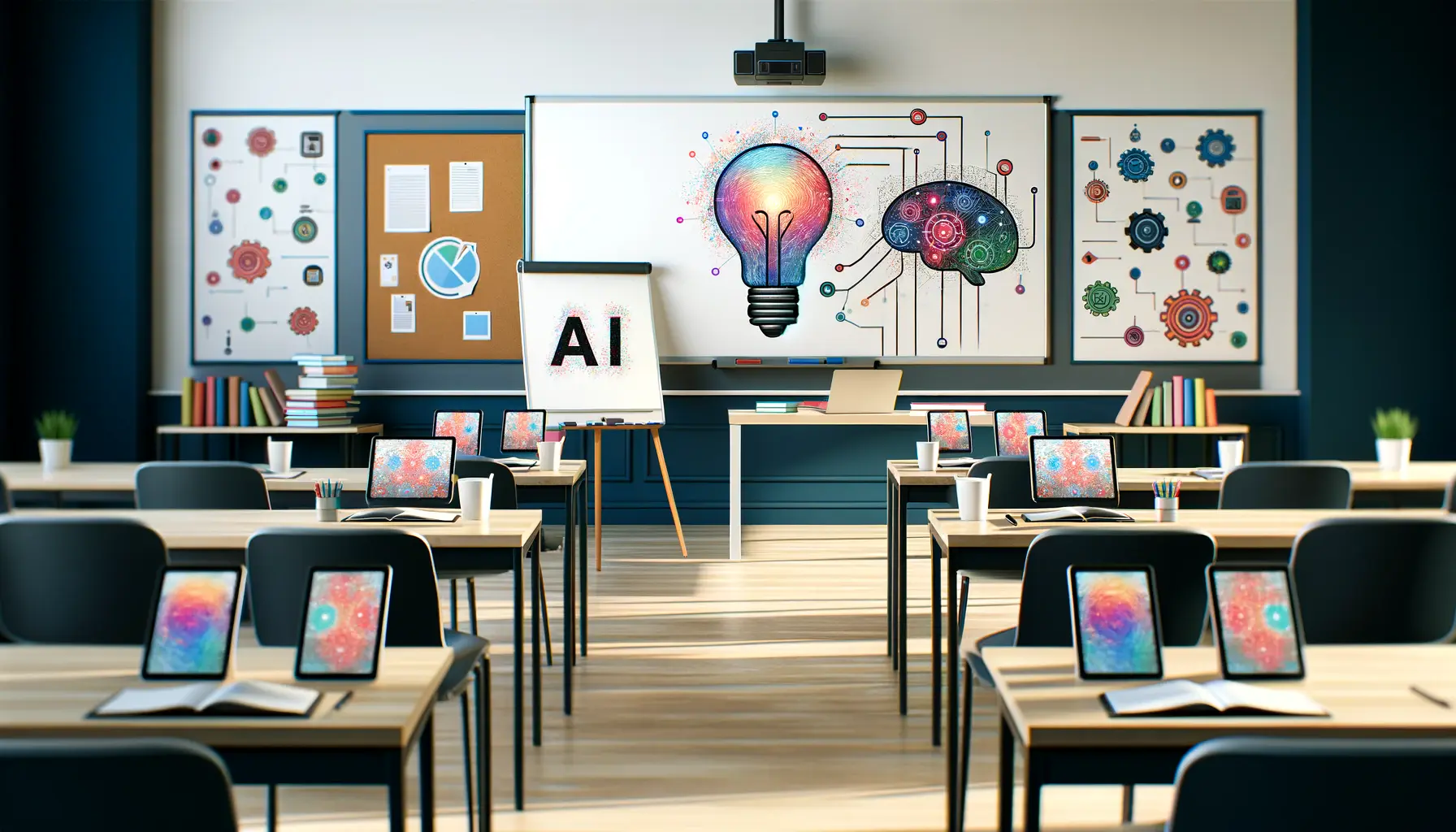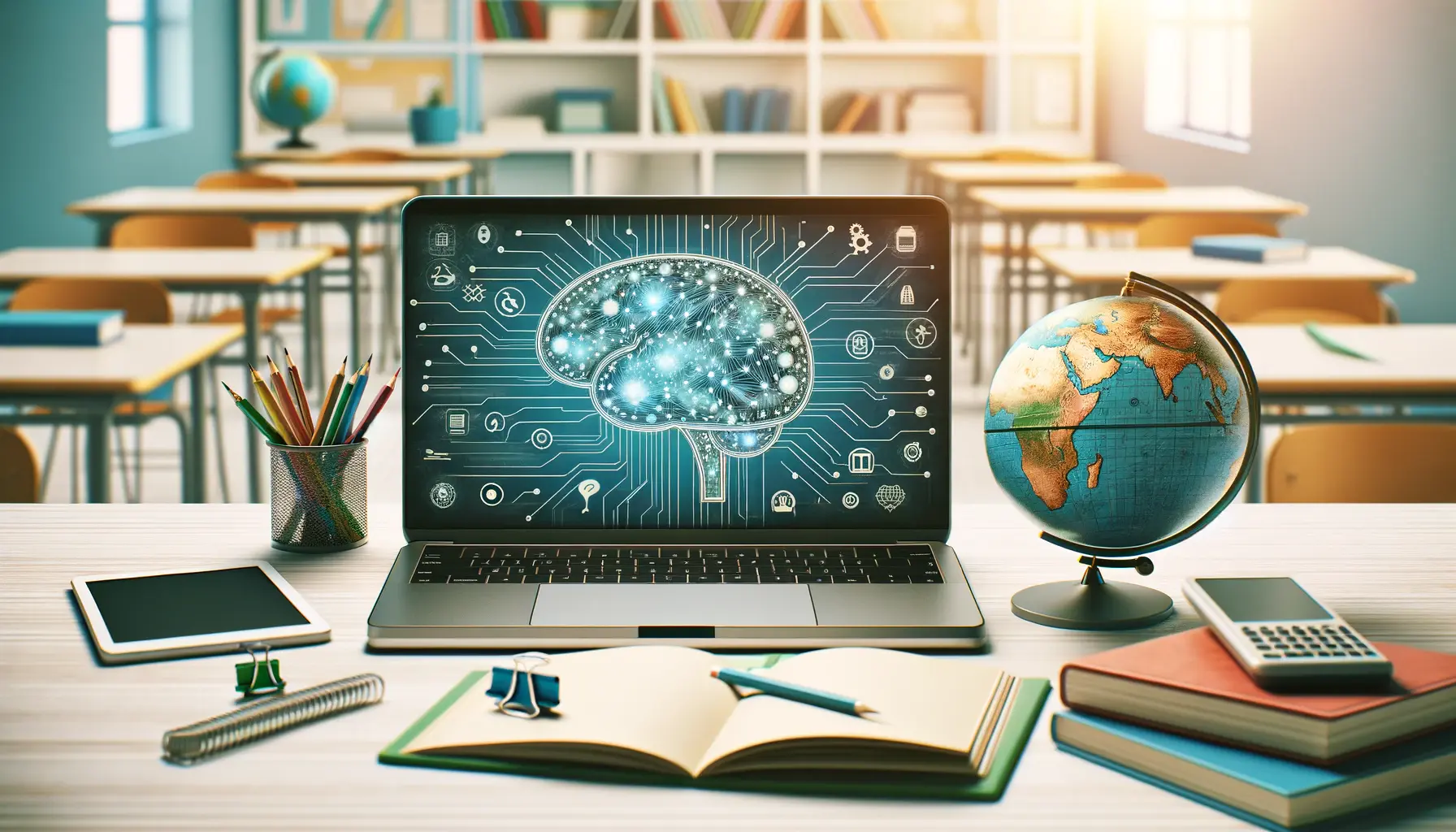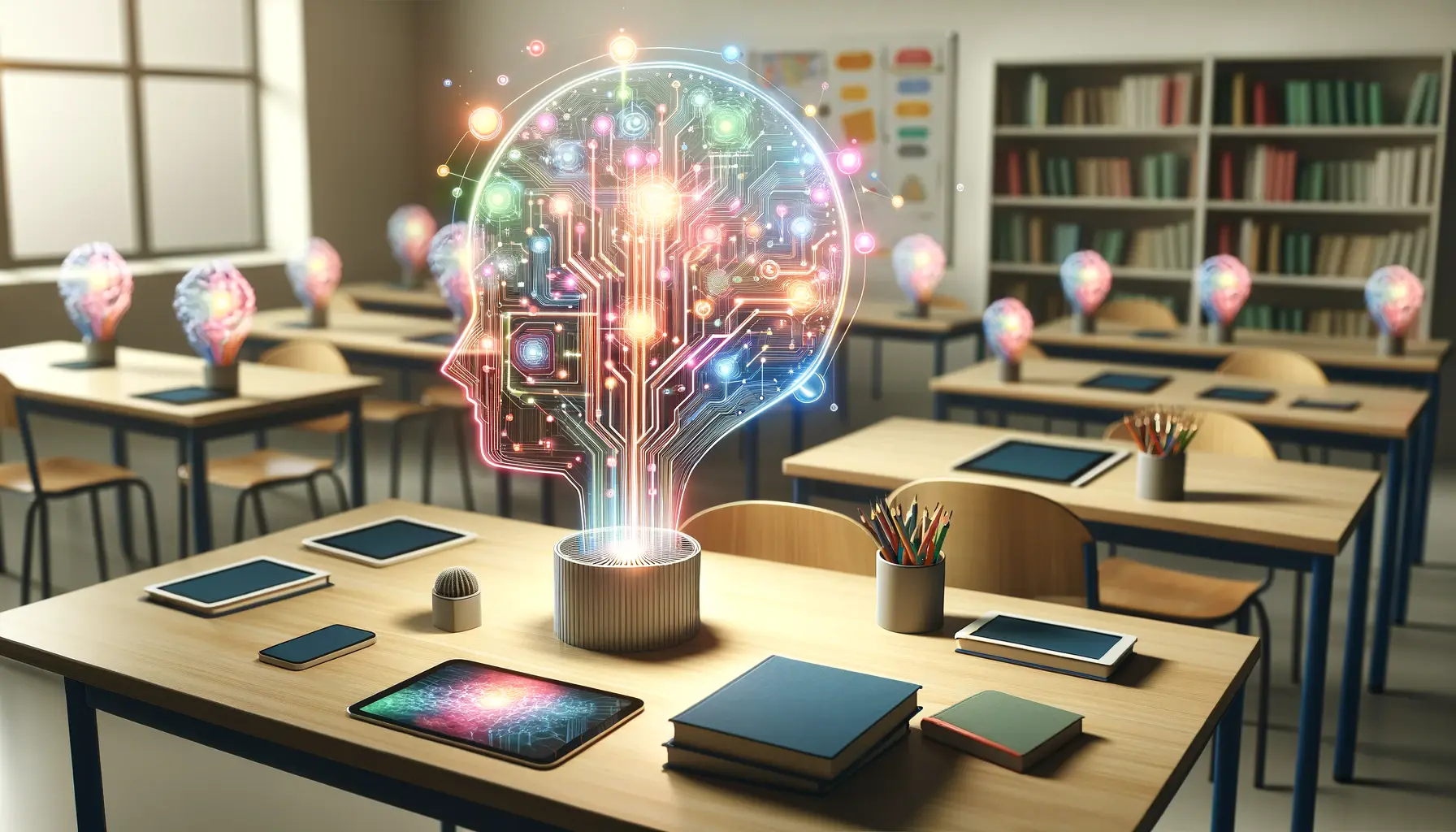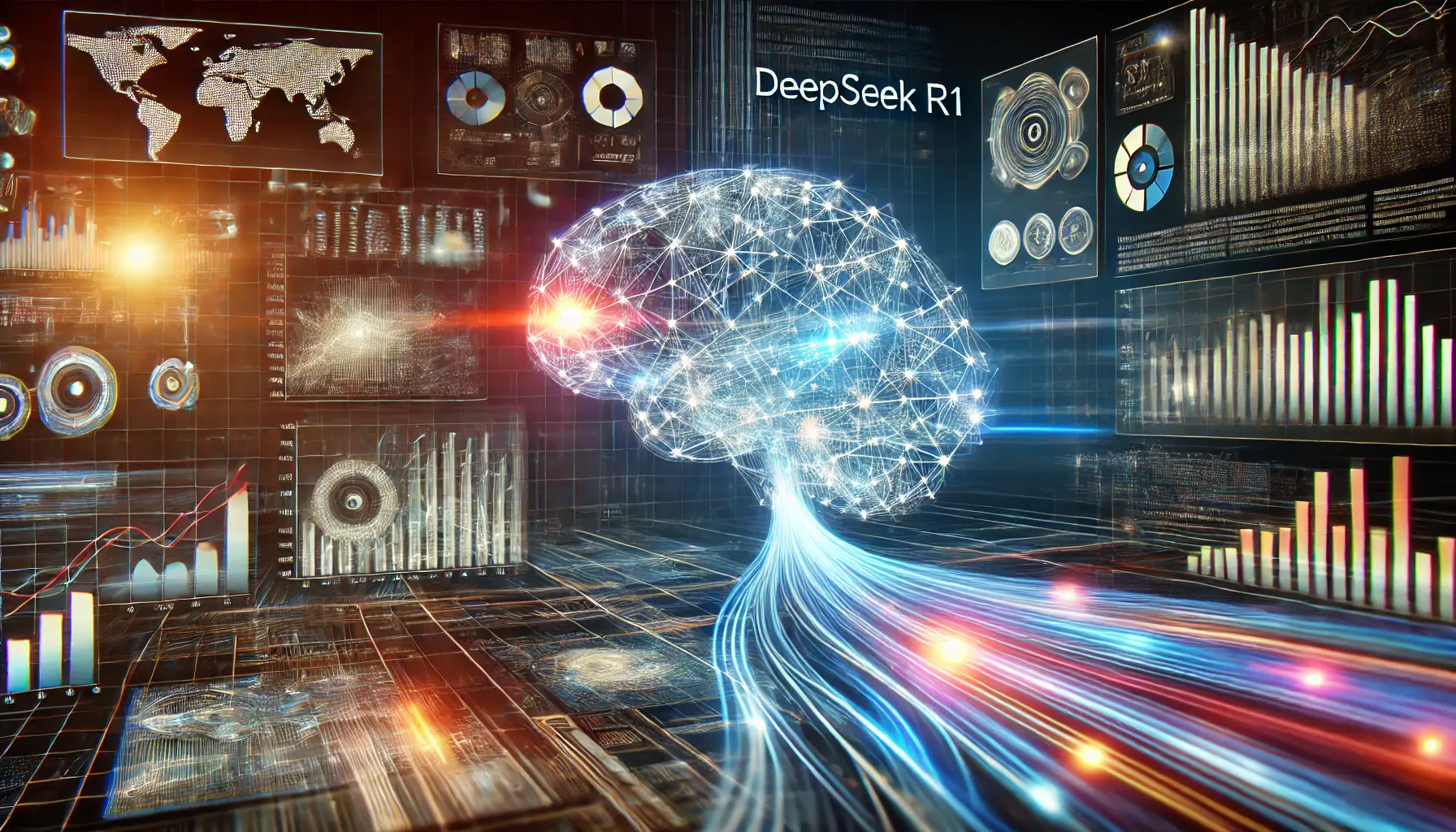The integration of artificial intelligence (AI) into the educational sector marks a pivotal shift in how teaching and learning processes are conceived and delivered.
Among the forefront of these transformative technologies is Claude AI, a system designed to augment educational experiences with its advanced capabilities.
This article delves into the multifaceted impact of Claude AI on the education landscape, exploring its potential to personalize learning, enhance teacher effectiveness, and reshape educational outcomes.
At its core, Claude AI embodies the convergence of technology and education, offering tools that are not only innovative but also intuitive and adaptive to the needs of both educators and learners.
The promise of Claude AI lies in its ability to provide tailored educational experiences, thereby addressing the diverse learning styles and paces of students.
This technology heralds a new era in education, where the barriers to learning are significantly reduced, and the opportunities for engagement and understanding are vastly expanded.
- The Advent of Claude AI in Educational Settings
- Enhancing Interactive Learning and Engagement
- Facilitating Collaborative Learning Environments
- Addressing Challenges and Limitations
- Integrating Claude AI into Curriculum Development
- Future Directions of Claude AI in Education
- Building a Community Around Claude AI in Education
- Reimagining Education with Claude AI
- Claude AI in Education: Frequently Asked Questions
The Advent of Claude AI in Educational Settings
Personalized Learning Experiences
One of the hallmark features of Claude AI is its capacity to facilitate personalized learning experiences.
Through the analysis of student data, Claude AI can identify individual learning patterns, preferences, and challenges.
This information enables the system to tailor educational content and instructional strategies to meet the unique needs of each student.
Personalized learning paths crafted by Claude AI ensure that students are not just passive recipients of information but active participants in their learning journey.
The implications of such personalized learning are profound.
Students can progress at their own pace, focusing on areas that require additional attention while accelerating through topics they grasp quickly.
This approach not only enhances learning outcomes but also fosters a sense of autonomy and confidence among students.
Supporting Teachers with AI Assistance
Claude AI also serves as an invaluable resource for teachers, providing them with insights and tools to enhance their teaching methodologies.
By automating routine tasks such as grading and attendance tracking, Claude AI frees up teachers to focus more on interactive and creative aspects of teaching.
Furthermore, Claude AI can assist teachers in developing lesson plans, generating educational content, and even offering real-time suggestions for classroom activities based on student responses and engagement levels.
This AI-driven support system transforms the role of teachers, enabling them to adopt more facilitative and mentorship roles.
Teachers can leverage Claude AI’s capabilities to create a more dynamic and responsive learning environment, one that is conducive to inquiry, exploration, and critical thinking.
The integration of Claude AI into education is not just about enhancing efficiency but about reimagining the possibilities of teaching and learning.
Enhancing Interactive Learning and Engagement
The deployment of Claude AI in educational environments goes beyond individualized learning paths and teacher support.
It significantly amplifies interactive learning and student engagement.
By harnessing the power of AI, educators can create immersive and interactive learning experiences that captivate students’ attention and stimulate their curiosity.
Interactive learning facilitated by Claude AI encompasses a wide range of activities, from gamified learning modules that make education fun and engaging, to simulations and virtual labs that offer hands-on experience with complex concepts.
These interactive experiences are crucial in fostering a deeper understanding of subject matter and in developing critical thinking and problem-solving skills among students.
Real-world Applications and Simulations
- Through Claude AI, students can engage in simulations that replicate real-world scenarios, allowing them to apply theoretical knowledge in practical contexts. This bridging of the gap between theory and practice enriches the learning experience and prepares students for real-life challenges.
- Virtual labs powered by Claude AI enable students to conduct experiments and explore scientific concepts in a safe and controlled environment. These virtual labs are particularly beneficial in schools with limited access to physical lab facilities.
Game-based Learning and Motivation
- Claude AI’s ability to integrate with educational games provides a dynamic platform for students to learn and reinforce concepts through play. This approach not only enhances learning outcomes but also boosts motivation and engagement.
- Personalized feedback and adaptive challenges within these games ensure that students remain engaged and are continuously challenged at an appropriate level, further enhancing the learning experience.
Incorporating Claude AI into interactive learning not only makes education more engaging but also more accessible, breaking down barriers to learning for students across various backgrounds.
Facilitating Collaborative Learning Environments
The advent of Claude AI in the educational sphere has also heralded a new age of collaborative learning, where students can work together more effectively, regardless of geographical constraints.
AI-driven platforms enable seamless communication and collaboration among students, fostering a sense of community and shared purpose in their educational journeys.
Collaborative learning supported by Claude AI encourages students to engage in discussions, share insights, and solve problems collectively.
This approach not only enhances academic achievement but also cultivates essential life skills such as teamwork, communication, and empathy.
Virtual Classrooms and Group Projects
- Claude AI can facilitate virtual classrooms where students can interact in real-time, participate in discussions, and engage in group activities, mirroring the dynamics of a physical classroom environment.
- For group projects, Claude AI offers tools for project management, document sharing, and real-time editing, making collaborative work more efficient and productive.
Peer Learning and Mentorship
- By leveraging Claude AI, educational institutions can set up peer learning programs where students can tutor each other on various subjects, enhancing the learning experience for both tutors and tutees.
- Mentorship programs powered by AI can match students with mentors based on interests, academic goals, and career aspirations, facilitating personalized guidance and support.
The role of Claude AI in promoting collaborative learning underscores the importance of social interaction in education, highlighting how technology can bring students closer together, even in a digital age.
Addressing Challenges and Limitations
While the integration of Claude AI into education presents numerous opportunities for enhancing teaching and learning, it also brings forth challenges and limitations that need to be carefully navigated.
Recognizing and addressing these challenges is crucial for the successful implementation of AI in educational settings.
One of the primary concerns revolves around data privacy and security.
The use of AI in education involves the collection and analysis of vast amounts of student data, raising questions about how this data is stored, used, and protected.
Ensuring the privacy and security of student information is paramount to maintaining trust in AI technologies.
Ensuring Equity and Accessibility
- Another significant challenge is ensuring that AI-driven educational tools are accessible to all students, including those from disadvantaged backgrounds or those with disabilities. There is a risk that the digital divide could widen if access to AI resources is not equitable.
- Strategies to address this issue include developing AI tools that are compatible with low-cost devices, offering offline capabilities, and ensuring that AI interfaces are designed for accessibility.
Overcoming Skepticism and Ethical Concerns
- There is also a degree of skepticism among educators and parents regarding the efficacy and ethical implications of using AI in education. Concerns include the potential for AI to replace human teachers, the objectivity of AI in assessing student work, and the influence of AI on children’s social development.
- Transparent communication about the role of AI as a tool to support, not replace, human educators, along with ongoing research into the ethical use of AI in education, can help alleviate these concerns.
Addressing the challenges and limitations associated with Claude AI in education is essential for harnessing its full potential while safeguarding the interests and well-being of all stakeholders involved.
Integrating Claude AI into Curriculum Development
The integration of Claude AI into curriculum development represents a significant leap forward in educational planning and delivery.
By leveraging AI’s capabilities, educators can design curricula that are not only more dynamic and responsive to student needs but also aligned with the latest educational standards and competencies.
Claude AI’s data analysis and pattern recognition capabilities enable educators to identify gaps in the curriculum and areas where students struggle the most.
This insight allows for the creation of targeted interventions and the adaptation of the curriculum to better meet the learning objectives and outcomes.
Dynamic Content Adaptation
- With Claude AI, curriculum content can be dynamically adapted to reflect the latest developments in a field of study, ensuring that students receive the most current and relevant information.
- AI can also facilitate the integration of interdisciplinary learning experiences, connecting concepts across different subjects to provide a more holistic education.
Automated Assessment and Feedback
- Another area where Claude AI can significantly impact curriculum development is in the automation of assessments and feedback. AI-driven assessments can provide immediate, personalized feedback to students, identifying areas of strength and weakness.
- This instant feedback loop not only accelerates the learning process but also allows educators to fine-tune the curriculum in real-time based on student performance data.
The role of Claude AI in curriculum development is transformative, offering a pathway to more personalized, adaptive, and effective educational experiences.
Future Directions of Claude AI in Education
The trajectory of Claude AI within the educational sector points towards a future where AI not only enhances learning experiences but also fundamentally transforms educational paradigms.
As technology evolves, the potential applications of Claude AI in education continue to expand, promising to address some of the most pressing challenges in the field.
Looking ahead, the integration of Claude AI into education is set to become more seamless and intuitive, with AI assistants becoming an integral part of the learning environment.
This will enable a more personalized, engaging, and efficient education system that caters to the needs of each individual learner.
Expanding Accessibility and Inclusion
- Future developments in Claude AI are expected to focus on expanding accessibility and inclusion, ensuring that all students, regardless of their background or abilities, can benefit from AI-driven educational tools.
- Technological advancements will likely lead to more sophisticated adaptive learning platforms that can cater to a wide range of learning styles and needs, including those of students with disabilities.
Enhancing Lifelong Learning and Professional Development
- Claude AI is also poised to play a crucial role in lifelong learning and professional development. As the demand for continuous learning and upskilling grows, AI can provide personalized learning pathways that support career advancement and skill acquisition.
- By integrating Claude AI into professional development programs, organizations can ensure that their workforce remains competitive and up-to-date with the latest industry trends and technologies.
The future of Claude AI in education is not just about technological innovation but about creating a more equitable, effective, and inspiring learning ecosystem for all.
Building a Community Around Claude AI in Education
The successful integration of Claude AI into the educational landscape is not solely dependent on technological advancements but also on the cultivation of a vibrant community of educators, developers, students, and policymakers.
Building a community around Claude AI is essential for sharing knowledge, best practices, and innovative uses of AI in education.
This community can serve as a platform for collaboration, where members can discuss challenges, develop solutions, and share success stories.
It also plays a critical role in guiding the ethical development and deployment of AI technologies in educational settings, ensuring that they align with societal values and educational goals.
Professional Development and Training
- Key to building this community is the provision of professional development and training for educators, equipping them with the skills and knowledge to effectively integrate Claude AI into their teaching practices.
- Workshops, webinars, and online courses can help educators understand the capabilities of Claude AI, explore pedagogical approaches, and learn how to use AI tools to enhance learning outcomes.
Collaborative Research and Innovation
- The community should also foster collaborative research and innovation, encouraging partnerships between educational institutions, technology companies, and research organizations.
- Such collaborations can lead to the development of new AI tools and applications tailored to educational needs, as well as research into the impact of AI on learning processes and outcomes.
The creation of a community around Claude AI in education is a step towards a future where technology and human ingenuity come together to redefine what is possible in education.
Reimagining Education with Claude AI
The journey through the transformative potential of Claude AI in education reveals a future where learning is not just about the acquisition of knowledge but about fostering a deep, personalized, and engaging educational experience for every student.
Claude AI stands at the forefront of this revolution, offering tools and capabilities that promise to reshape the educational landscape in profound ways.
Empowering Learners and Educators
At the heart of Claude AI’s impact is its ability to empower both learners and educators.
For students, Claude AI opens up a world of personalized learning paths, interactive experiences, and collaborative opportunities that cater to their unique needs and learning styles.
Educators, on the other hand, are provided with a suite of AI-assisted tools that enhance their teaching effectiveness, reduce administrative burdens, and allow them to focus on what they do best—inspiring and guiding their students.
Addressing Challenges with Innovation
While the integration of Claude AI into education comes with its set of challenges, including data privacy concerns, accessibility issues, and ethical considerations, the path forward is marked by innovation and collaboration.
By building a community around Claude AI, stakeholders can share insights, address challenges collaboratively, and ensure that the development of AI in education aligns with ethical standards and educational goals.
The Future of Learning
- Increased accessibility and inclusion, ensuring that every student has the opportunity to benefit from AI-driven educational tools.
- Continuous adaptation and improvement of AI technologies to meet the evolving needs of the educational sector.
- Greater emphasis on lifelong learning and professional development, with Claude AI providing personalized pathways for career advancement and skill acquisition.
In conclusion, Claude AI in education is not just a technological advancement; it is a catalyst for change, driving towards a future where education is more personalized, engaging, and inclusive.
As we stand on the brink of this educational revolution, it is clear that Claude AI has the potential to not only transform how we teach and learn but to fundamentally improve the educational outcomes for students around the world.
The journey with Claude AI is just beginning, and the possibilities are as limitless as our collective imagination.
Claude AI in Education: Frequently Asked Questions
Explore common inquiries about the role and capabilities of Claude AI in transforming educational experiences.
Claude AI personalizes learning by adapting content to fit individual student needs, making education more engaging and effective.
Yes, Claude AI is designed to comprehend and interact in multiple languages, broadening its applicability in diverse educational settings.
No, Claude AI is developed by Anthropic, focusing on creating AI that is helpful, honest, and safe, using its unique AI models.
Yes, Claude AI can participate in natural and dynamic conversations, making it an interactive tool for learning and teaching.
Claude AI assists teachers with lesson planning, grading, and providing personalized education, enhancing teaching efficiency.
Yes, Claude AI can generate ideas and draft comprehensive lesson plans, saving teachers time and inspiring creative teaching methods.
Claude AI provides real-time feedback and suggestions, enabling a responsive and adaptive learning environment for students.
Claude AI’s focus on being helpful, harmless, and honest sets it apart, ensuring a safe and supportive educational tool.
